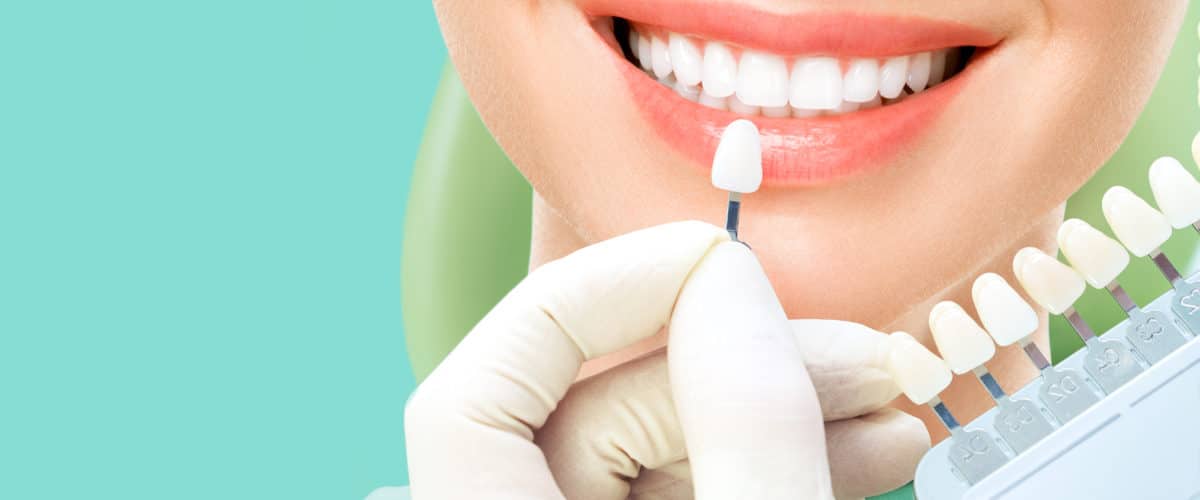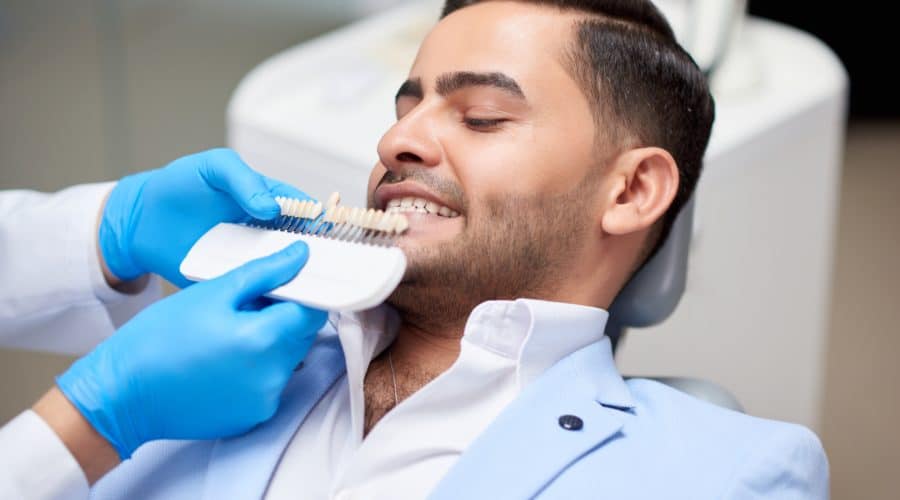Not everyone is comfortable wearing dentures, and sometimes bridges are out of the question because the surrounding teeth are not strong enough to support them. If you have lost any teeth to an accident or disease and a more traditional replacement option isn’t what you seek, than dental implants may offer you the chance to have “real” teeth once again.
Held in place by an artificial tooth root that is surgically embedded into the jaw, dental implants are a great option for people who have generally healthy teeth and gums. They can also be beneficial for those who have suffered gum disease in the past, as long as their periodontal disease is under control. Gums that continue to be diseased may not accept the implants well, causing infection or even rejection.
Some may wonder why a patient consider this high-tech (and often more expensive) tooth replacement alternative in lieu of a traditional bridge. The answer can be quite simple. Since dental implants do not rely on neighboring teeth for support in the same way a bridge does, they can actually save the patient from further problems and even additional tooth loss. And since dental implants are actually integrated into the structure of the bone, they can prevent the bone loss and gum recession that bridgework can sometimes cause.
For those considering dentures, dental implants can be more acceptable, offering more stability, flexibility and comfort. Dentures can often slip out of place; make chewing difficult for some patients. Some denture wearers even report a difficulty in speaking properly while wearing their false teeth.
Dental implants on the other hand are completely natural looking, and feel just like the real thing. Permanently embedded into the jaw bone, dental implants look and feel just like your natural teeth and do not interfere with eating or speaking like dentures. Plus they stay in place forever.
A long lasting alternative to tooth replacement, dental implants are designed to offer a lifetime of benefits, rarely needing to be replaced or even repaired. They can be used to replace single tooth or an entire mouthful. Of course a small percentage of patients do experience rejection, in which case the procedure would need to be repeated.




